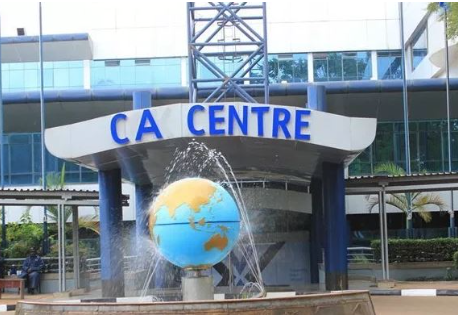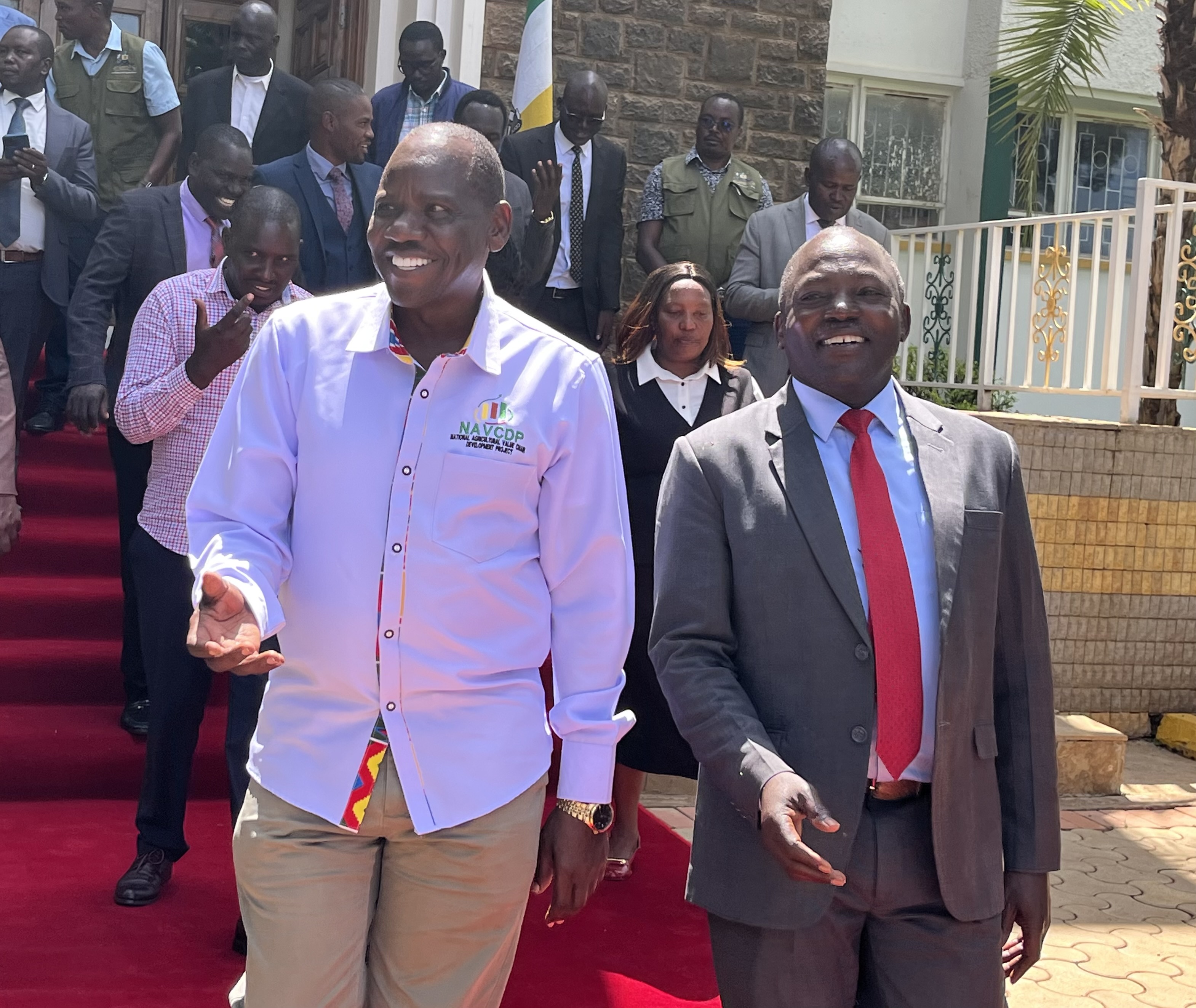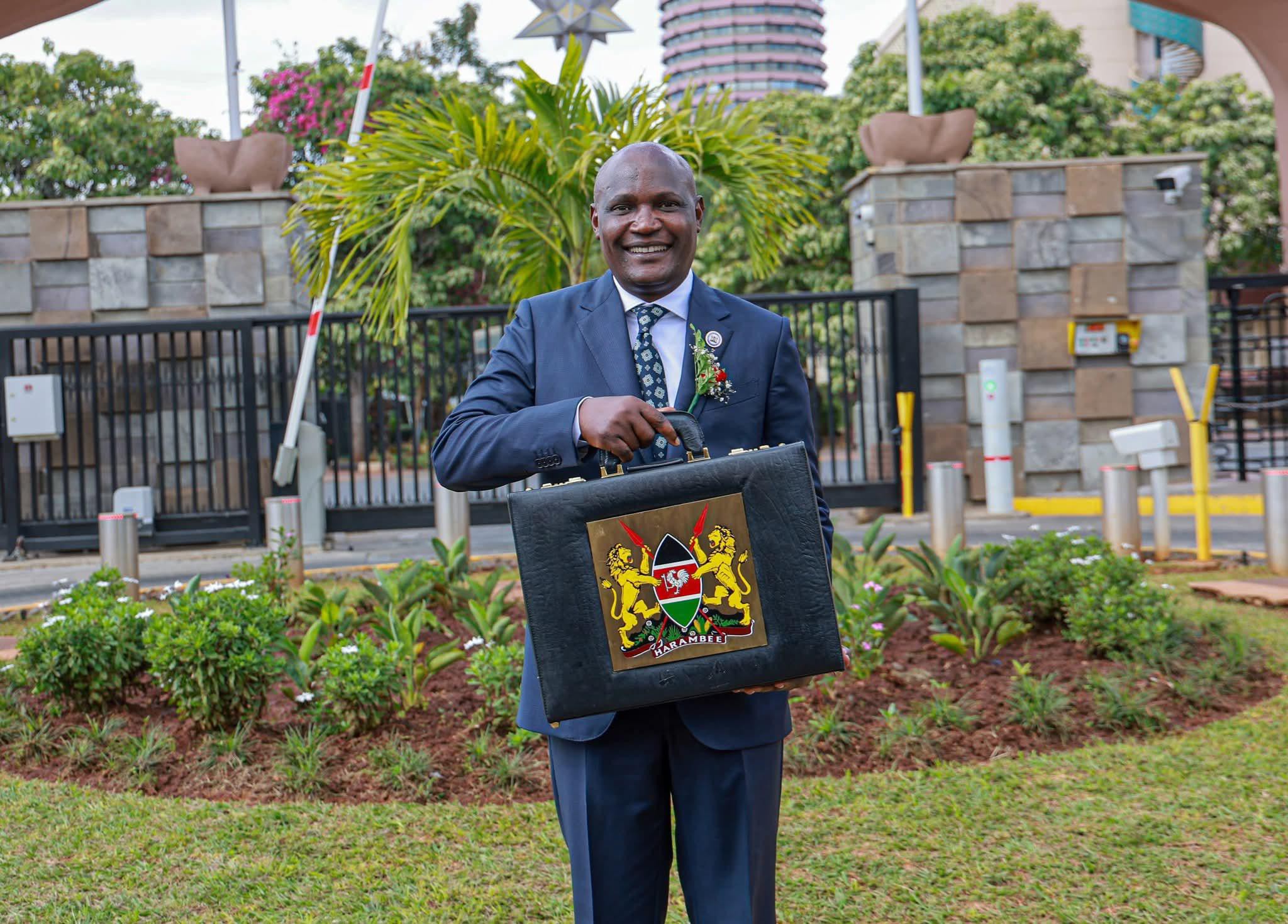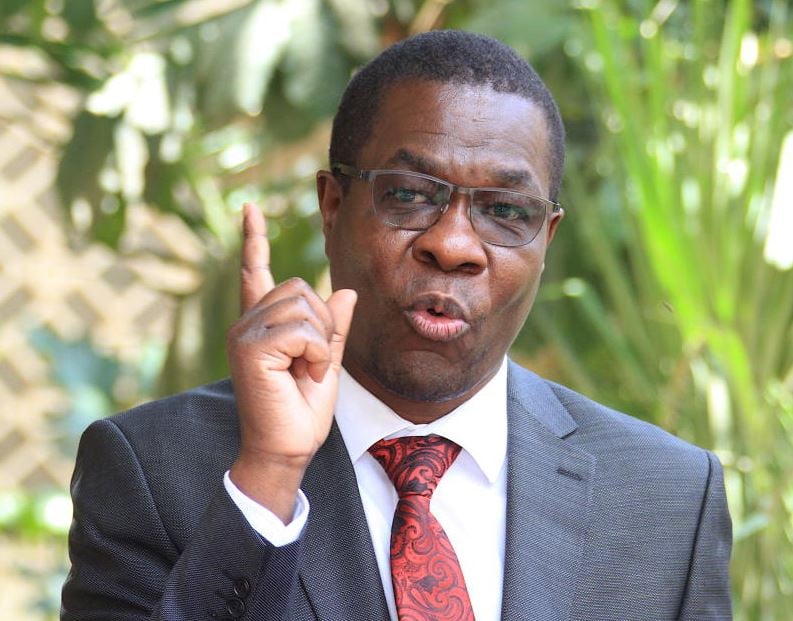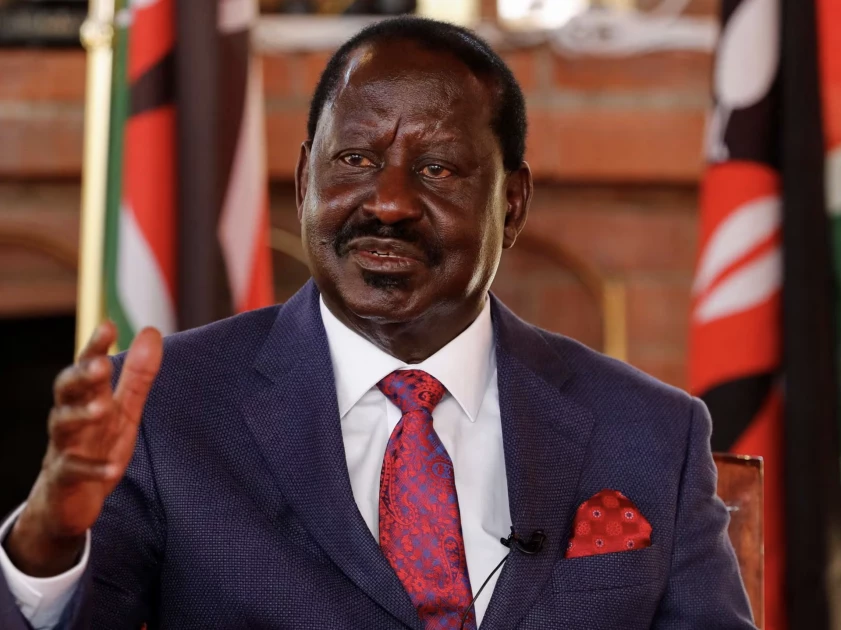Communications Authority Refutes Claims of Involvement in Blogger’s Death
The Communications Authority of Kenya has denied involvement in the death of Albert Ojwang’, dismissing claims it shared his location with police. CA clarified it lacks access to real-time subscriber data and operates strictly within legal frameworks. The agency emphasized its regulatory role and urged the public to avoid spreading misinformation.
The Communications Authority of Kenya (CA) has come out strongly to refute claims circulating on social media linking it to the death of blogger Albert Ojwang’, who died in controversial circumstances while in police custody. In a firm and detailed statement released on Wednesday, June 11, 2025, the CA distanced itself from allegations that it shared Ojwang’s location with law enforcement agencies, calling such claims baseless and misleading.
The Authority stated that it had noted with deep concern the accusations, which have caused public uproar, particularly on digital platforms. "We note with grave concern the misleading claims on social media platforms alleging that CA provided data on the whereabouts of the deceased to law enforcement," read part of the statement. "This position is factually erroneous. We categorically distance CA from any involvement whatsoever on this matter."
CA emphasized its role as a regulatory body and clarified that it does not possess real-time access to location data of mobile phone users. It added that the Authority does not engage in any operational activities involving the collection or use of such data. Rather, it is mandated to supervise and ensure compliance among licensees within Kenya’s communications ecosystem.
"The Authority does not initiate, direct, or participate in the operational use of data held by our licensees," CA said. "Further, any request for subscriber information from law enforcement must follow legal channels, which are clearly outlined in the Kenya Information and Communications Act, 1998."
The Authority explained that any data access by security agencies must be guided by strict legal processes, including a court order or other forms of lawful requests, which are subject to judicial scrutiny. CA insisted that it has neither received nor executed any such request in relation to the deceased.
“Our operations are governed by legal frameworks designed to protect the integrity of communication systems and the rights of all Kenyans,” the statement continued. “We are focused on fulfilling our regulatory mandate in areas such as broadcasting, cybersecurity, telecommunications, multimedia services, and postal systems.”
The response from CA comes amid national outrage over the death of 31-year-old Albert Ojwang’, a trained teacher and social media commentator. He was arrested in Homa Bay after allegedly posting content online that was deemed offensive to a senior police officer, Deputy Inspector General Eliud Lagat.
After his arrest, Ojwang’ was transferred to Nairobi and held at Central Police Station. According to initial police reports, he allegedly injured himself in custody. However, an autopsy later contradicted those claims, revealing that Ojwang’ died from multiple injuries, including head trauma, neck compression, and extensive soft tissue injuries — sparking widespread calls for justice and accountability.
The tragic incident has drawn condemnation from civil society, politicians, and human rights defenders, many of whom are demanding an independent investigation into the circumstances surrounding Ojwang’s death. The matter has also raised questions about police accountability and the role of various agencies in the handling of sensitive personal data.
With CA’s latest clarification, attention now turns back to law enforcement bodies and ongoing investigations to establish the truth behind Ojwang’s death. Meanwhile, CA reaffirmed its commitment to transparency and legal compliance, and urged the public to verify information before sharing unsubstantiated allegations that could mislead or inflame public sentiment.
As the nation continues to seek answers, the statement by the Communications Authority serves as a firm reminder of the importance of due process, institutional clarity, and the rule of law in safeguarding both national security and civil liberties.


